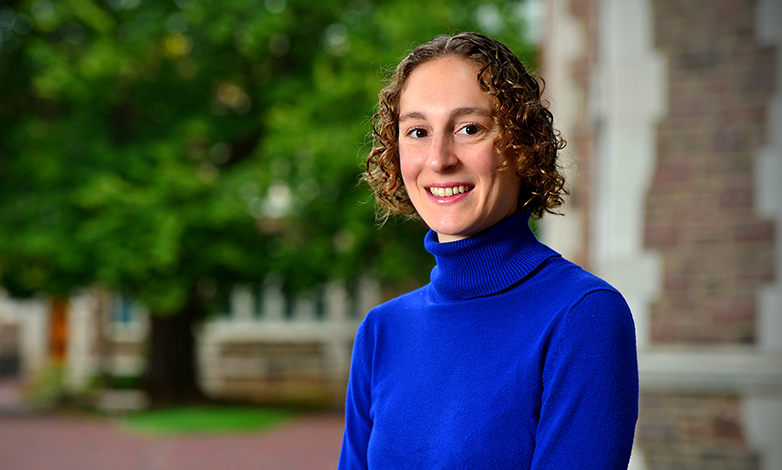
Rachel Tabak is a part of the Prevention Research Center and the Centene Center for Health Transformation, and works in obesity prevention and community-based physical activity and nutrition strategies. She is also interested in dissemination and implementation research.
With a strong background in nutrition, Tabak is involved in research studies examining interventions to promote healthy nutrition and activity behaviors in families, particularly in the home environment. She also evaluates the effect of worksite policies and environments on worker health behaviors. Tabak’s work includes translation and evaluation of evidence-based obesity prevention interventions that allow for broad reach. She examines how key stakeholders, including researchers, advocates, and policymakers, affect how research evidence is transformed into programs and policies
Tabak’s previous research interests include measurement and evaluation of home environment influences on children’s diet as well as interventions to modify this environment. Tabak is a registered dietitian.
Rachel Tabak
- Associate Professor
- PhD, University of North Carolina at Chapel Hill
- Office Phone: 314-935-0153
- Email: rtabak@wustl.edu
- Download CV
Areas of Focus:
- Nutrition and physical activity to prevent obesity and chronic disease
- Dissemination and implementation research
- The effects of environment and policy on nutrition, physical activity and obesity
In The News
Improving Heart Health to Save Lives During, After Pregnancy Aim of Programs
December 6, 2023
Brown School Welcomes New Faculty, Celebrates Promotions
September 18, 2023
Faculty Receive $6.1M NIH Grant for Maternal Health Study
September 1, 2022
Brown School Recognizes Faculty Authors and Editors
May 7, 2020
Featured Publications
VARIATION IN RESEARCH DESIGNS USED TO TEST THE EFFECTIVENESS OF DISSEMINATION AND IMPLEMENTATION STRATEGIES: A REVIEW
Frontiers in Public Health
February 19 2018
TOOLKITS FOR DISSEMINATION AND IMPLEMENTATION RESEARCH: PRELIMINARY DEVELOPMENT
Journal of Clinical and Translational Science
2018
